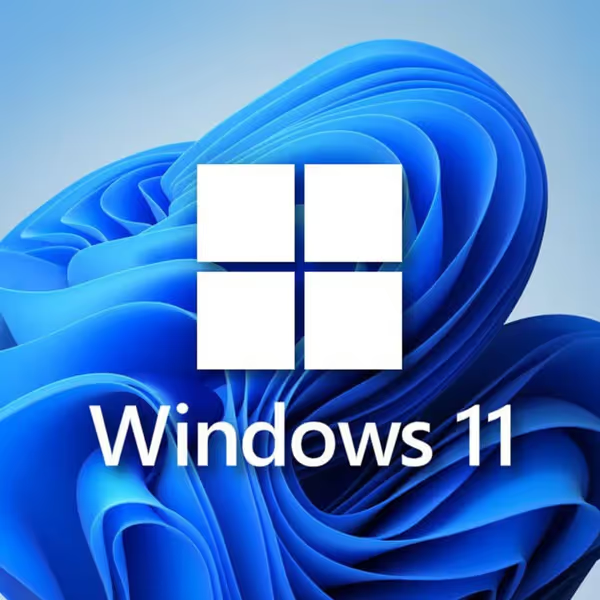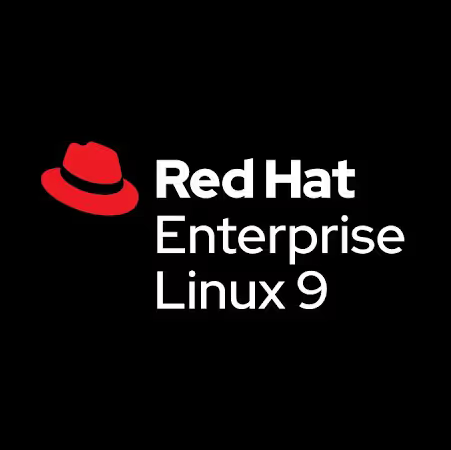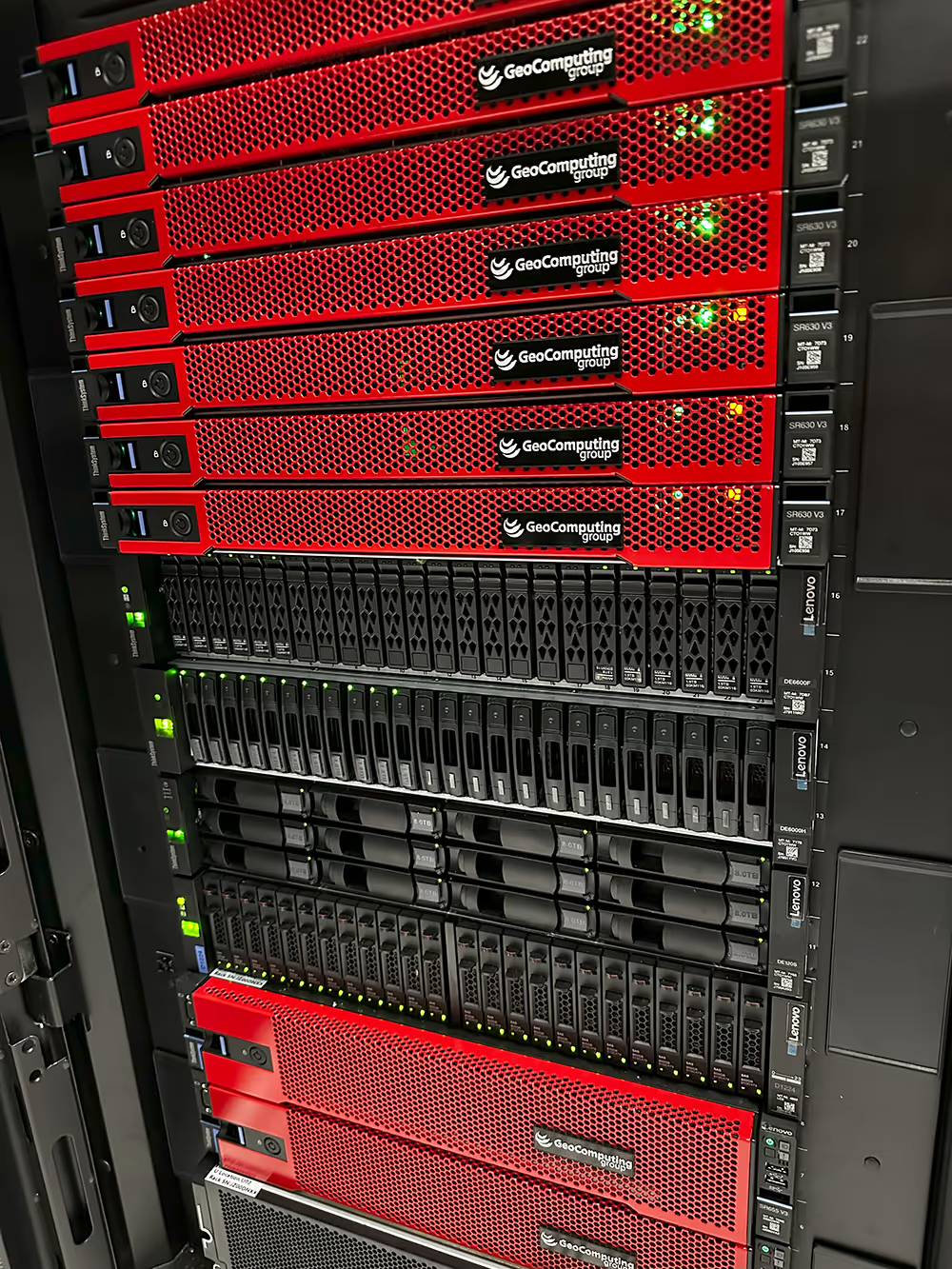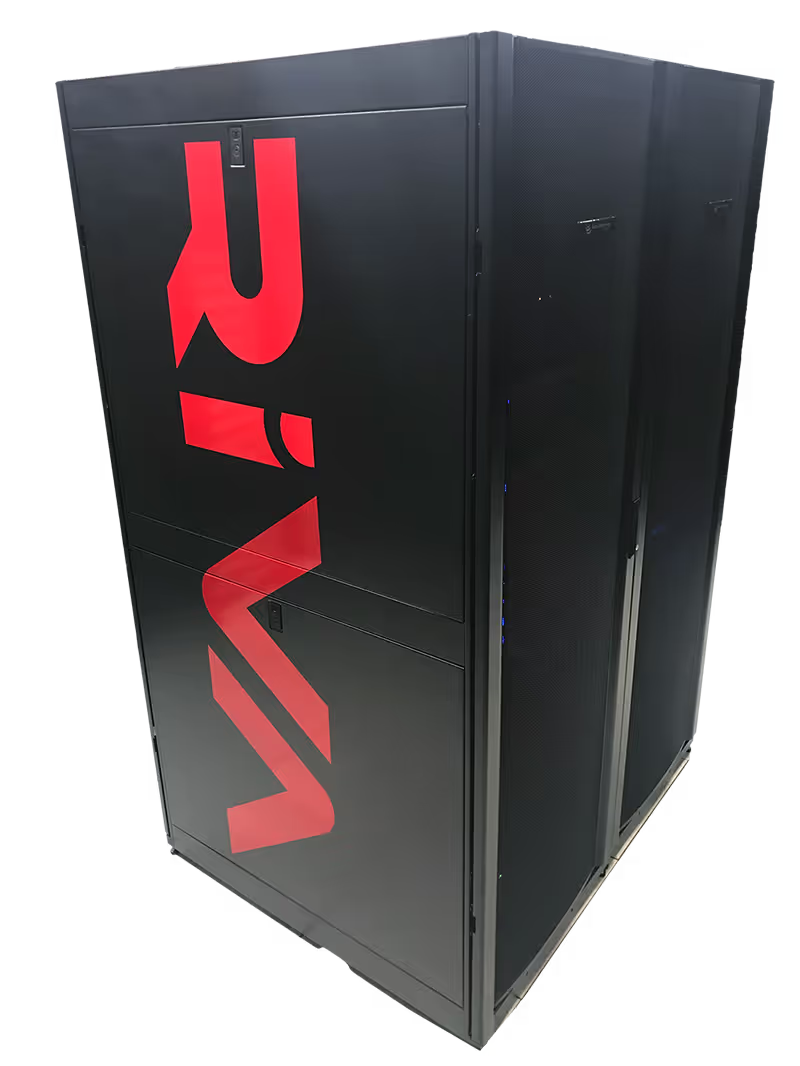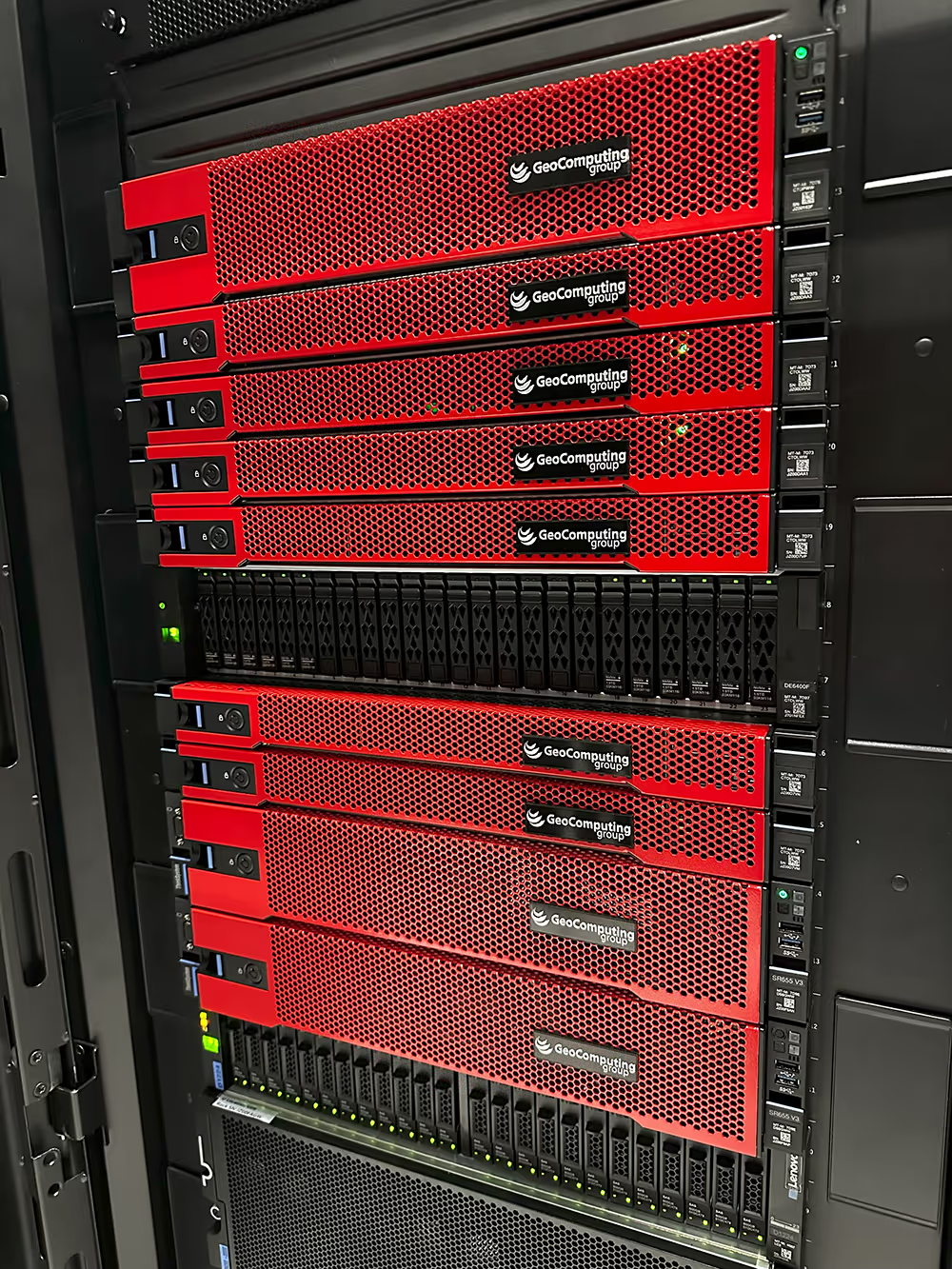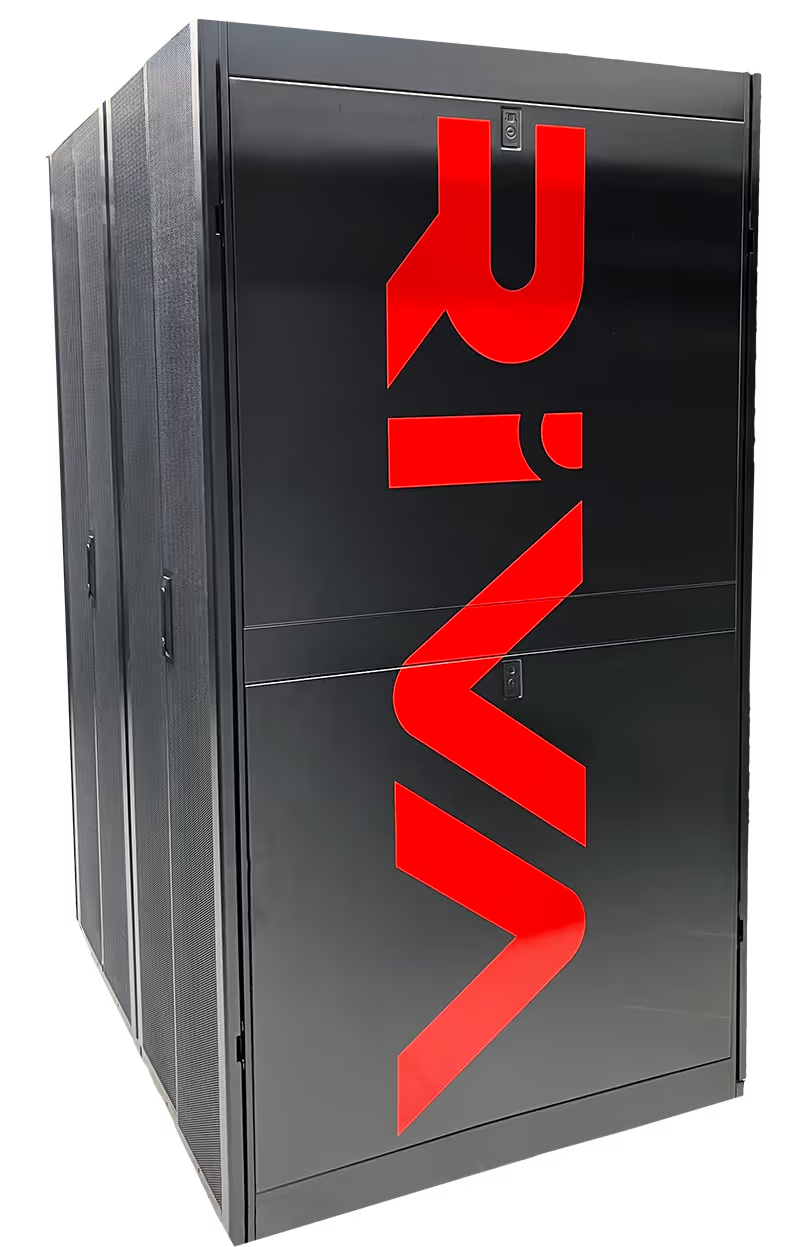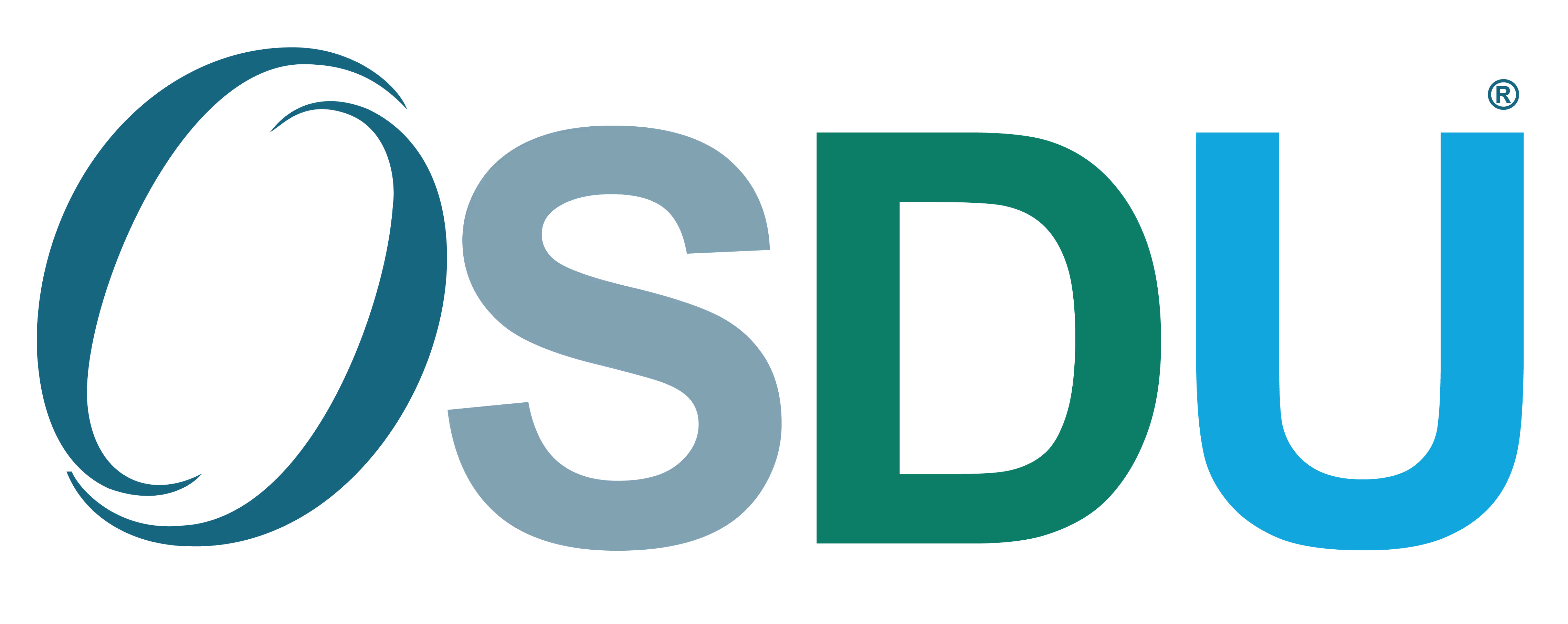Production (PROD)
All platforms can be implemented in a Production capacity.
Disaster Recovery (DR)
All platforms can be implemented in a Disaster Recovery capacity. DR platforms are typically a pared down version of its PROD sibling.
Replication Target (RT)
Only Volante and CODA platforms can be configured as Replication Targets. RT platforms are like a DR platforms except there are no servers or workstations.


